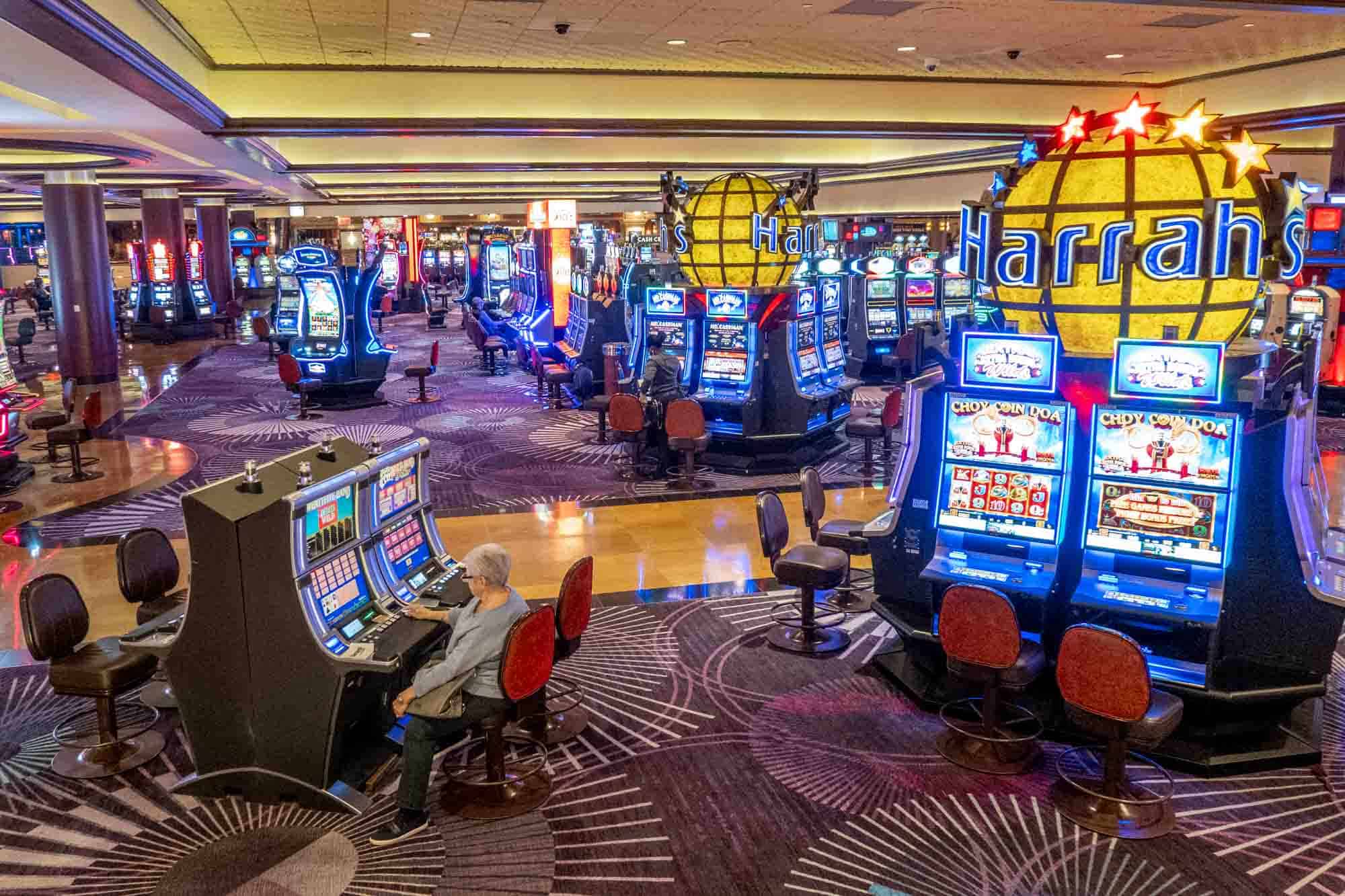
In the world of gambling, in which chance and strategy intersect, a unique tapestry of beliefs unfolds—one that weaves together luck, fate, and the enigmatic nature of casino games. Casinos, bustling with excitement and anticipation, are not just spaces for placing bets; they are also arenas where superstitions thrive. Ranging from the novice player to the seasoned gambler, these mysterious practices often shape how individuals approach the games they play, believing that their actions can influence the outcome in ways that go beyond mere probability.
When players gather around roulette wheels, blackjack tables, and slot machines, the atmosphere is thick with stories of lucky charms, rituals, and codified behavior that defy logic yet provide a sense of comfort. It could be the case that it’s wearing a specific outfit, following a particular sequence of bets, or even avoiding certain numbers, the attachment to various superstitions reflects a deep-rooted desire to control the uncontrollable. This article delves into the captivating world of casino game superstitions, examining the beliefs that both entertain and mystify those who dare to play.
Historical Roots of Superstitions
Betting activities have long been entwined with an host of superstitions that go back to primitive societies. The origins of these ideas can be connected to humanity’s innate need to manage the unpredictable outcomes related with chance and uncertainty. In primitive civilizations, activities of chance were often linked to religious practices. Players would invoke aid or ask for favor from deities, believing that their actions could change the odds in their benefit. This foundation laid the foundation for the multitude of superstitions that developed as gambling evolved over centuries.
During the medieval age, gambling became a popular activity across European nations, and with it, a rich tapestry of superstitions developed. Participants adopted numerous rituals and charms, believing they could change the outcome of games. The importance of numbers, in particular, started to appear in superstitions around card games and dice. The number 7 was often considered lucky, while other numbers carried bad connotations. These beliefs mirrored the cultural contexts of the time, evolving as they moved through generations and transformed to emerging gaming environments.
As gambling houses developed in the 17th century, particularly in Italy and the French nation, the atmosphere surrounding betting became imbued in mystique. The growing openness of gambling activities allowed for the expansion and growth of superstitions among players. Concepts like charmed charms, designated seating locations, and rituals gained importance, creating a special culture within betting houses. As these customs continued to thrive, they became essential to the character of casino games, illustrating how history and society shape the notions that influence how gamblers connect with fortune.
Common Gambling Superstitions
Beliefs surrounding gambling activities are plentiful and diverse, mirroring the hopes and fears of players as they engage in chance-based games. One of the most common views is that specific numbers bring fortune or bad luck. For example, the number seven is often seen as a favorable digit, frequently sought after by players looking for a positive outcome. Conversely, the digit thirteen is routinely considered cursed, leading many players to steer clear of it during their gaming sessions.
A common belief relates to rituals that players believe can affect their odds. It could be blowing on dice before a roll, using a particular gesture to place a bet, or even putting on specific items of clothing, many individuals feel that these rituals can sway fate in their benefit. These rituals offer a feeling of power in an otherwise unpredictable environment, strengthening the idea that luck can be manufactured through individual beliefs and customs.
Lastly, the environment and atmosphere of the gambling house itself adds to myths. Many players suggest that the presence of certain icons, such as four-leaved clovers or lucky tokens, can enhance their chances of success. Additionally, players might hold to the belief that winning streaks can be interrupted by mundane events, such as a person walking past or a spill at the gaming surface. The collective environment in a gambling house can amplify these beliefs, creating a communal culture of superstitions that transcends individual encounters.
Impact of Superstitions on Players
Superstitions play a important role in the psychology of casino players, often influencing their behavior and choices. A lot of gamblers think that fortune can be influenced through various rituals, such as wearing a lucky charm, selecting specific colors, or avoiding certain numbers. Ga179 This dependence on superstitions can create a sense of control in an environment that is intrinsically unpredictable. Players frequently feel more confident and engaged when they feel that their actions could sway the result of a game in their advantage.
The influence of these superstitions extends beyond individual players, affecting the overall atmosphere within the casino. For instance, a player who holds the belief in the luck of a certain slot machine might draw a crowd, as others are fascinated by their apparent success. This shared belief can amplify excitement and create a dynamic environment, leading to an interesting experience even for those who may not necessarily be believers themselves. The buzz around specific games can lead to increased participation and extended playing sessions, supporting the casino’s vibrant social scene.
In some instances, superstitions can lead to detrimental effects for players. Relying too much on rituals can result in poor gambling decisions, as some may ignore basic strategies in favor of unfounded beliefs. Additionally, the pressure to perform rituals may heighten anxiety and tension, detracting from the enjoyment of the experience. Ultimately, while superstitions can enhance the excitement of playing casino games, they can also lead to poor choices that overshadow the enjoyment and amusement intended in the casino experience.
